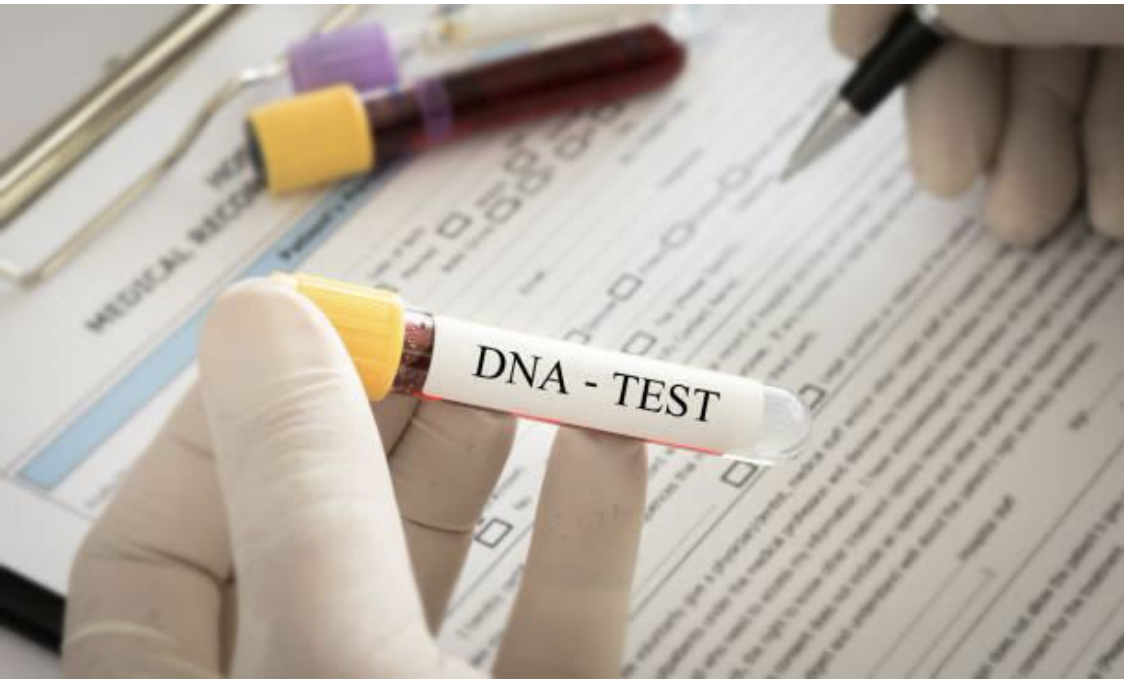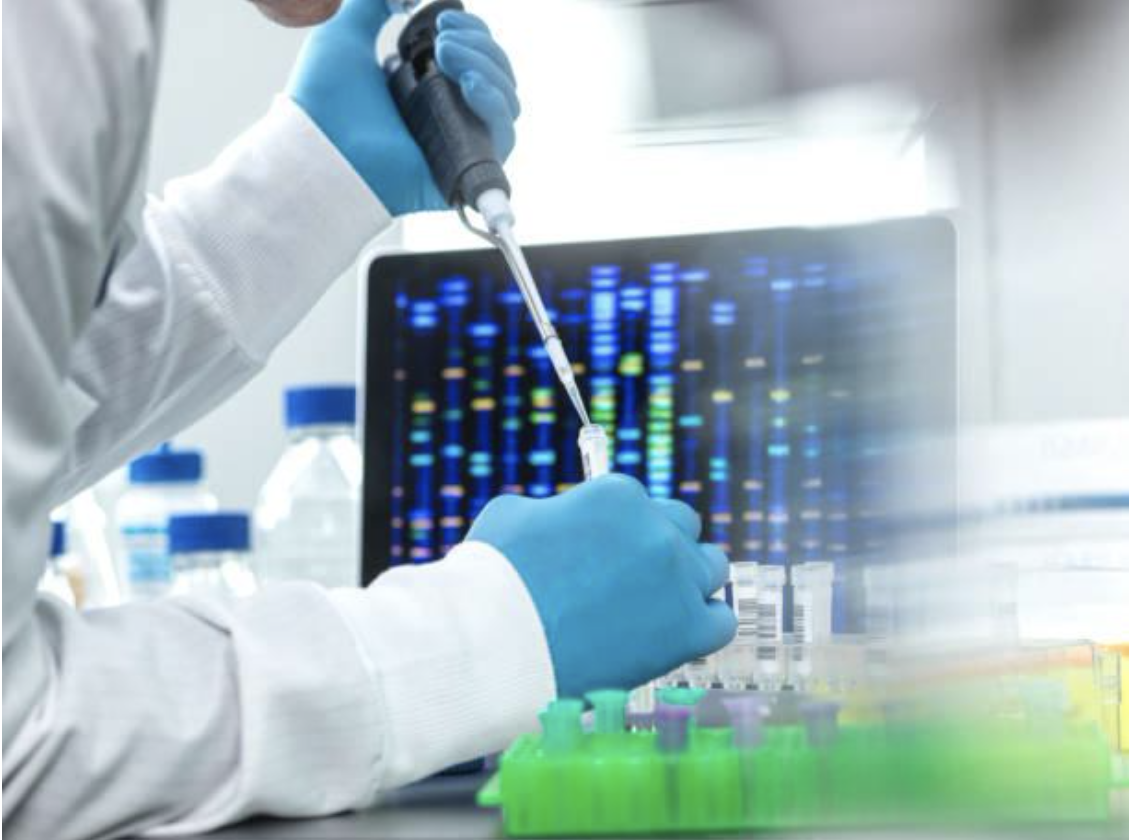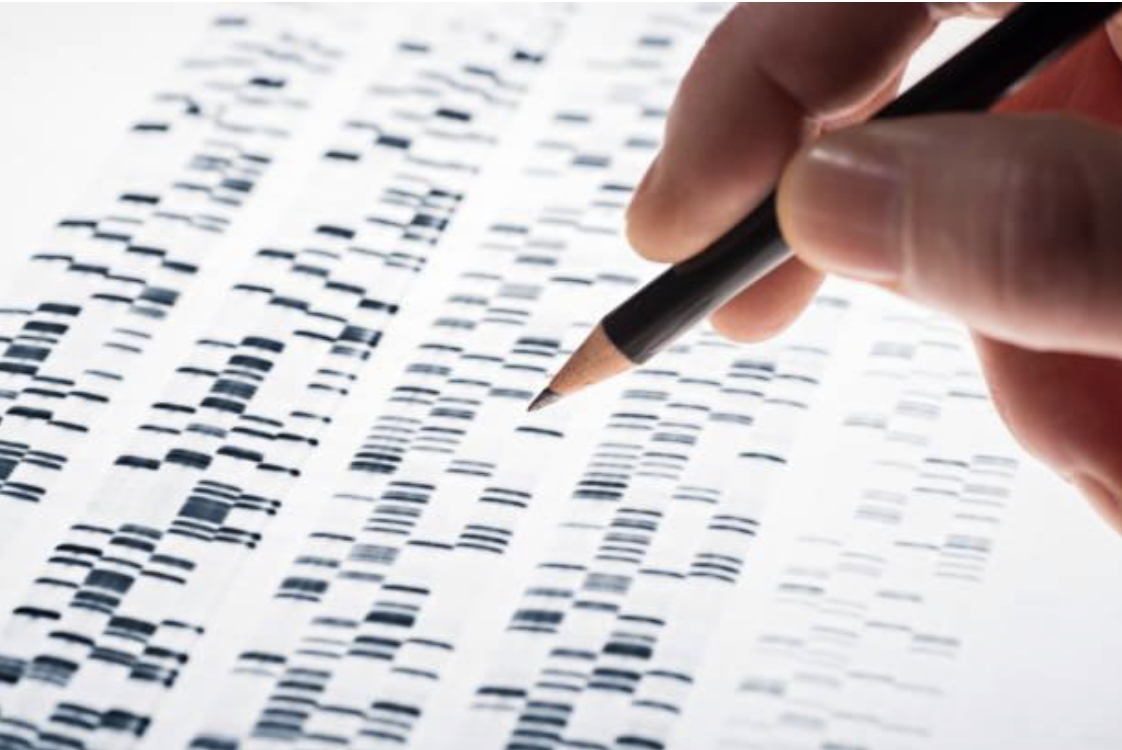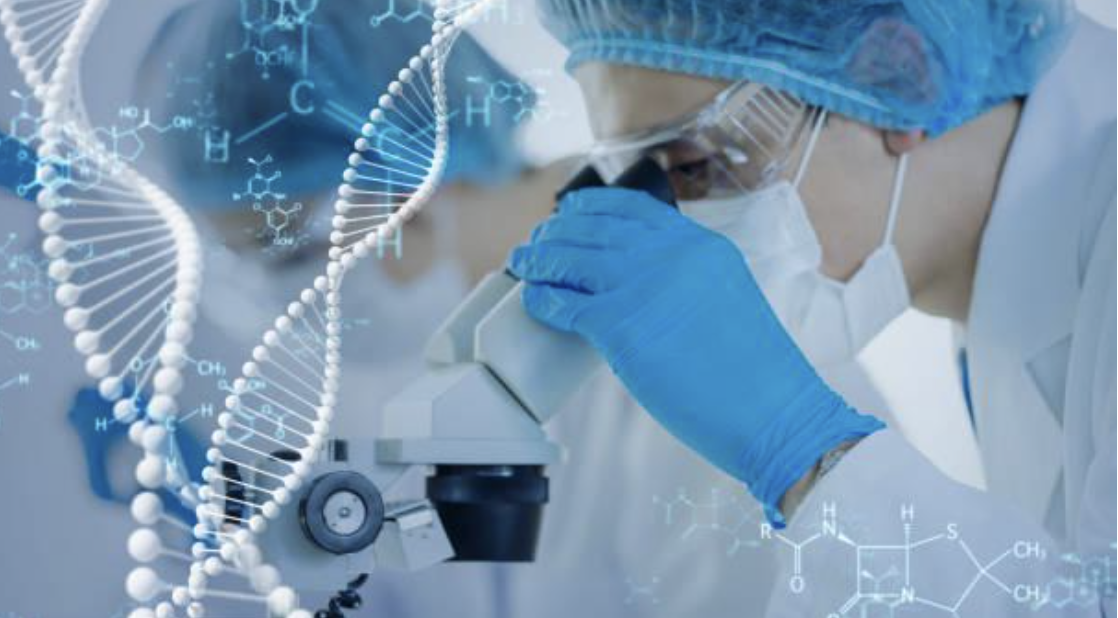DNA tests: How accurate are they?
The applications of DNA testing are currently on the rise as more people seek the benefits of this technique, which include ancestry tracing, paternity testing, and determining inherited disease-causing genes. You can rely on DNA testing to address all these needs.
Despite being accurate, certain factors and conditions can cause doubts. You need to understand these factors to prevent their impact on the test. There are also different DNA tests, each with its accuracy levels. Here are certain things you need to know about DNA testing.

Types of DNA test
Different DNA tests are available for anyone who needs them for paternity trace or tracing of ancestry. They include:
- Y chromosome testing
This test is necessary when determining the paternity origin of a male child, as the Y chromosomes are passed directly from the father to the son. This test can also be ideal for tracing any relationship between two families that may share a common origin suggested by a similar name.
2. Mitochondrial DNA testing
Mitochondria is one of the structures that has a higher number of DNA. It contains its DNA and can be used to identify any relationship between father and child. It is ideal for paternal tracing for both sexes. The test is more accurate for ancestry tracing as it can also give you the female DNA ancestry. Moreover, this test can be suitable for determining the paternity of a female child.
3. Single nucleotide polymorphism (SNP) testing
This test is the most suitable for tracing a diverse ethnic background. It provides details of multiple ancestral lines, unlike the Y chromosomes and mitochondrial, which focus on single ancestral lines.
Where to do a DNA test?
After identifying the types of DNA tests, you need to identify an ideal place to conduct the test. Many institutions offer DNA testing, including recent ones that offer online testing. You can also buy the test kits to do the test alone; however, you can never entirely rely on the credibility of the kits. Those looking for Orlando DNA testing must look for lab facilities that offer services throughout the state and have certified DNA collection specialists.
You need to ensure they have vast resources and technologies to offer accurate results. If you need to trace your ancestry, consider the best DNA-testing companies because they have DNA data and results that can give you a head start on how to trace your genealogy. You can ask the laboratories to run the results within their DNA databases to identify similarities and correlations.

How accurate are the DNA testing results?
DNA test accuracy depends on various factors. One of these factors is the data available. If large data is available, the identified ancestry will be more accurate. The accuracy in establishing a connection will also decline as you go further in the lineage. There will be a higher relationship with first- and second-generation cousins than with fifth-generation.
DNA tests can accurately identify various elements, such as hereditary diseases. Genetic studies can help you to identify inherited disease-causing genes precisely. The tests can also accurately predict your genetic similarity to the other samples, hence the critical role in paternity issues. Different DNA tests can also help you to trace your origin accurately.

Factors that may affect the DNA test accuracy
Sometimes, there can be inaccuracies, primarily when you use DNA testing to trace your ancestral origins. On such occasions, companies use the available data in their database to trace and find any similarities. Sometimes the available data may not be accurate to arrive at a conclusive result.
Moreover, DNA tests and results can also be prone to manipulation or physical tampering. There are cases of people bribing doctors to switch the results. Sometimes the lab technicians can change or displace the samples, affecting the results’ accuracy.
Why take a DNA test?
There are many different reasons why one may need a DNA test. Some of them include:
- Tracing background
DNA testing can be one of the most effective ways to learn about your origin and trace your ancestry. The data can help you trace your ancestry to the tenth generation. For such complex tracing, you need the most reliable tests and companies with extensive data to help you trace. It can help you trace any dead or living relatives.
2. Establishing paternity
DNA testing can be essential for solving paternal disputes, especially when tracing the link between a child and the father. Children inherit the DNA of their parents; hence the test will relate the DNA between the two and establish the percentage similarity. Any test showing a 99.9% is a match and shows genetic relations.
3. Medical research
Doctors can use DNA testing for preventive medication to identify a fetus’ vulnerability to certain conditions due to genetic relations with the mother. They can then use the information to provide preventive medication to protect the fetus from conduction, such as cancer and diabetes.
Doctors can also use genetic information to correct certain inherited disorders. They can modify the DNA to remove genes related to certain conditions and replace them with others. This is suitable for preventing inherited diabetes, obesity, and cancer.

Conclusion
There are different reasons to conduct DNA testing, such as paternity testing, tracing ancestry, and for medical purposes. However, you need to understand that the results may not be entirely accurate due to factors such as limited data, human errors, and sample variations. However, when there is sufficient data, and the technicians follow the correct procedures, you should have the most accurate results.





